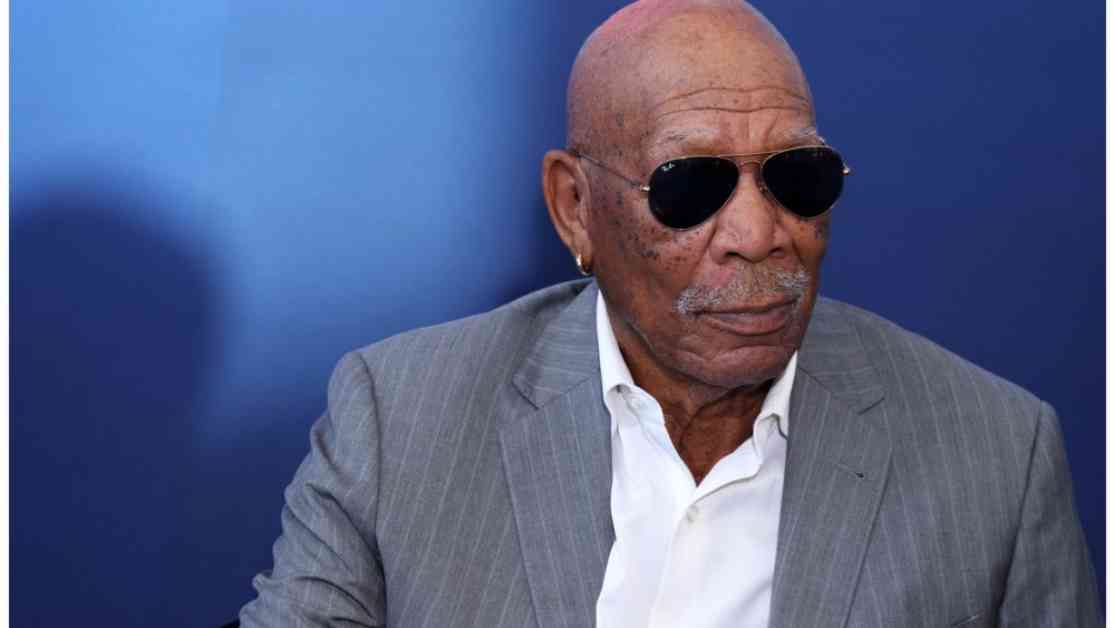Morgan Freeman is not a fan of Black History Month. He believes that his history is American history and should not be confined to just one month of the year. Freeman, who recently executive produced the Civil War series “The Gray House,” alongside Lori McCreary, emphasizes the importance of knowing and remembering the past to avoid repeating it.
Reflecting on the challenges of the entertainment industry, Freeman acknowledges the importance of timing when it comes to selling projects. He also comments on the current trend of American sagas in television, pointing to the success of “The Gray House” and Kevin Costner’s series “Horizon.”
“The Gray House” opened the Monte-Carlo Television Festival and received the Crystal Nymph award. The series, inspired by true events, tells the story of four Southern women who spy for the Union during the Civil War. Freeman praises the diverse range of characters in the series, highlighting the importance of acknowledging the contributions of all people.
McCreary echoes Freeman’s sentiments about the significance of the project’s timing and team. She emphasizes the need to learn from history and ensure a brighter future for all communities. Despite the show’s lighter moments, she stresses the importance of portraying the harsh realities of slavery and discrimination faced by African Americans.
The female characters in “The Gray House” are portrayed as strong, complex individuals who play crucial roles in the story. McCreary emphasizes the importance of authentic portrayals of women in media and the need for diverse storytelling.
In researching the story, McCreary discovered the remarkable story of Mary Jane Richards, a woman who risked her life to spy for the Union. Freeman highlights the overlooked contributions of women in history, suggesting that their stories have often been marginalized because of their gender.
Overall, “The Gray House” serves as a powerful reminder of the importance of recognizing and honoring all aspects of American history, particularly the contributions of women and marginalized communities. By telling these stories, Freeman and his team hope to inspire viewers to empathize with others’ experiences and work towards a more inclusive future.
